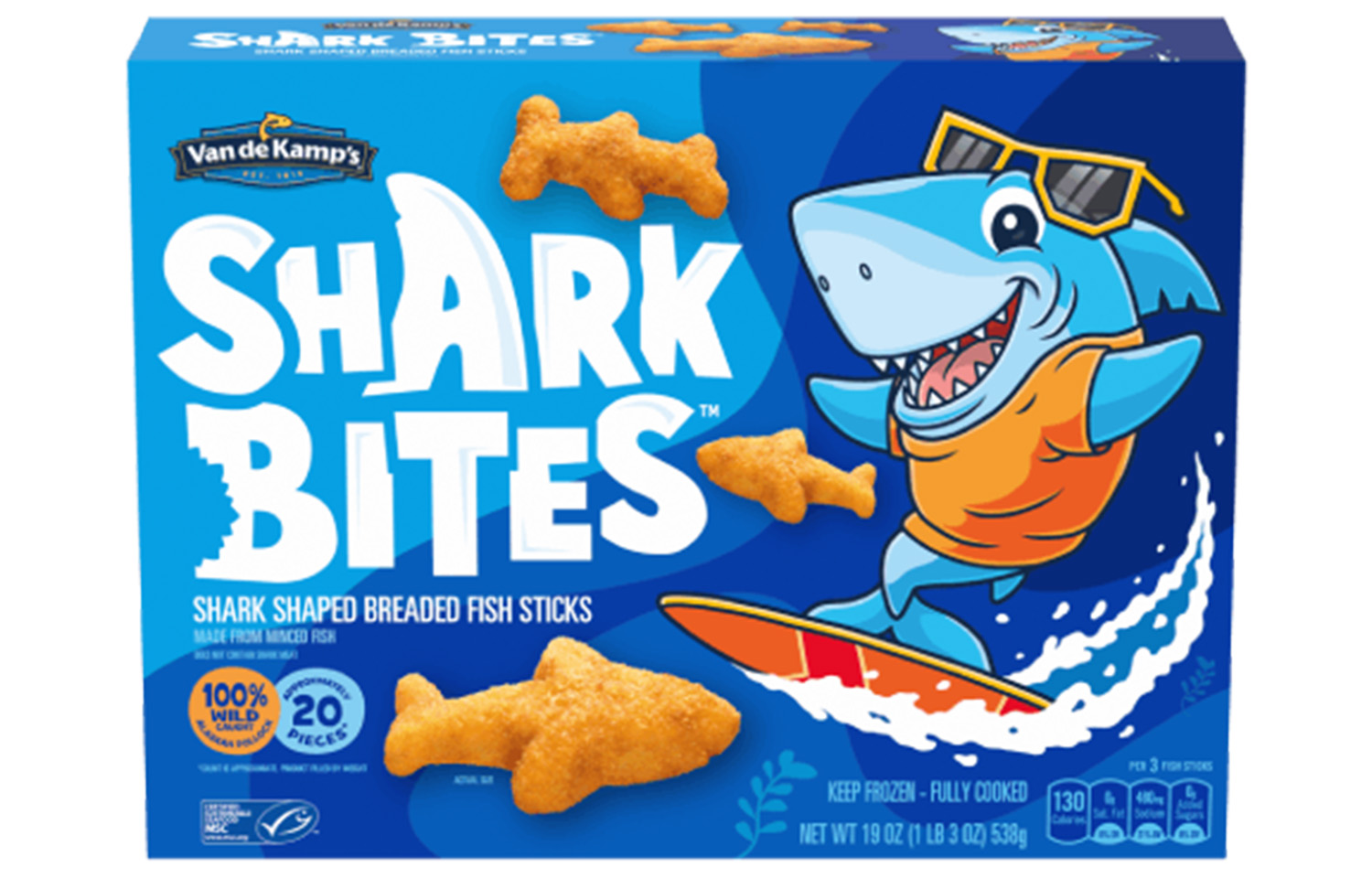Sales in Conagra Brands’ refrigerated and frozen business, which includes seafood brands Mrs. Paul’s and Van de Kamp’s, dropped 8.1 percent in its fiscal third quarter of 2024.
Sales of frozen and refrigerated goods by volume also fell 3.3 percent primarily due to “continued lower consumption trends,” the company said.
Overall net sales for the Chicago, Illinois, U.S.A.-based company – the largest frozen foods manufacturer in the country – declined 2 percent in Q3 2024 to USD 3 billion (EUR 2.8 billion) compared to the same period of 2023.
“Inflation has slowed, but we're still in an overall inflationary environment,” Conagra CEO Sean Connolly said on an investor call.
The company’s overall gross profit increased 2.4 percent to USD 859 million (EUR 791 million) in the quarter, and adjusted gross profit increased 0.1 percent to USD 870 million (EUR 801 million).
Gross profit rose because higher productivity “more than offset the negative impacts of lower organic net sales, cost of goods sold inflation, and unfavorable operating leverage,” the company said. Additionally, gross margin increased 114 basis points to 28.3 percent in the quarter, and adjusted gross margin increased 52 basis points to 28.7 percent.
“Volume trends in our domestic retail business continued to improve as targeted investments, particularly in frozen, generated strong lifts and unit share gains. Outstanding progress on our cost savings initiatives allowed us to support strategic investments in our brands while sustaining margin recovery,” Connolly said.
Connelly said Conagra gained dollar share in select categories such as frozen sides, frozen single-serve meals, frozen breakfast, and frozen seafood.
Conagra’s investments in frozen have driven a nearly seven-point swing in its scanner volume from the first quarter to the most recent four weeks, according to Connolly. He said that Conagra’s frozen single-serve meal business achieved over a 51 percent market share, up 1.7 percent compared to a year ago.
“[We recorded] very strong progress in frozen overall, which is important because that's been the focus of our investment,” Connelly said. “We like our brands, and we feel great about it. And it's been a growth juggernaut for us for the last five years, and I see no reason why that won't continue.”
In January 2024, Conagra lowered its earnings expectations after reporting that its gross profit plunged 8.2 percent and organic net sales dropped 3.4 percent in its fiscal second quarter. The company said it expected organic net sales to decrease between 1 percent and 2 percent in 2024 compared to fiscal year 2023, instead of increasing by 1 percent or more as previously forecast.
In the company’s earnings presentation, Connelly attributed the decline to shoppers limiting discretionary purchasing; actively reducing household inventories; an uptick in hands-on, at-home meal preparation; increased use of leftovers; and reduced purchasing of convenience items.
The sales decline in that quarter was driven by a 2.9 percent drop in sales by volume, primarily due to lower U.S. consumption trends and a 0.5 percent negative impact from price and product mix, partially attributable to an increase in strategic investments.








